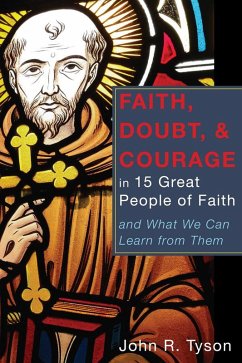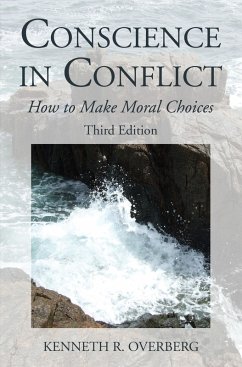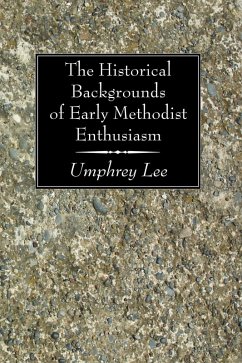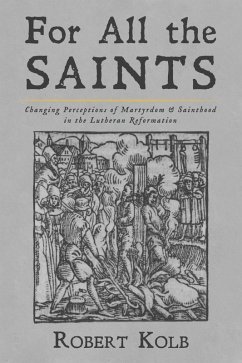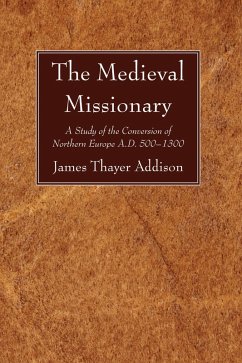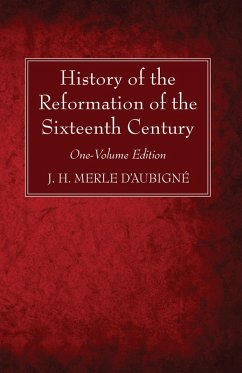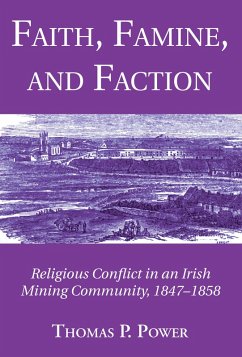
Faith, Famine, and Faction (eBook, PDF)
Religious Conflict in an Irish Mining Community, 1847-1858
Versandkostenfrei!
Sofort per Download lieferbar
21,95 €
inkl. MwSt.
Weitere Ausgaben:

PAYBACK Punkte
11 °P sammeln!
Religious conflict in Ireland has had a long history. Faith, Famine, and Faction is a case study of religious conflict in the copper-mining community of Bunmahon, Co. Waterford, Ireland in the mid-nineteenth century. By the time an English evangelical clergyman, Rev. David Alfred Doudney, came to the area in 1847, intense exploitation of its copper resources had begun. Depression in the industry followed by famine and its legacy, spurred Doudney to initiate educational establishments to help the poor and deprived of the area, children particularly. These initiatives brought him into conflict w...
Religious conflict in Ireland has had a long history. Faith, Famine, and Faction is a case study of religious conflict in the copper-mining community of Bunmahon, Co. Waterford, Ireland in the mid-nineteenth century. By the time an English evangelical clergyman, Rev. David Alfred Doudney, came to the area in 1847, intense exploitation of its copper resources had begun. Depression in the industry followed by famine and its legacy, spurred Doudney to initiate educational establishments to help the poor and deprived of the area, children particularly. These initiatives brought him into conflict with Catholic clergy who suspected him of engaging in proselytism. Doudney was more interested in encouraging a more vital Christianity in opposition to the nominalism he found around him, whether among Catholics or Protestants, than he was in forced religious conversion. However, such a distinction was not clear at popular level. In the rising tensions that ensued and against the backdrop of a suspected suicide, Doudney was the object of bigoted opposition, a narrow xenophobia, and of threat to his life, that together forced his departure. Not without blemish himself, Doudney articulated a strong anti-Catholic rhetoric common to the Victorian age, which he directed against the doctrines and practices of the Catholic Church.
Dieser Download kann aus rechtlichen Gründen nur mit Rechnungsadresse in A, D ausgeliefert werden.





